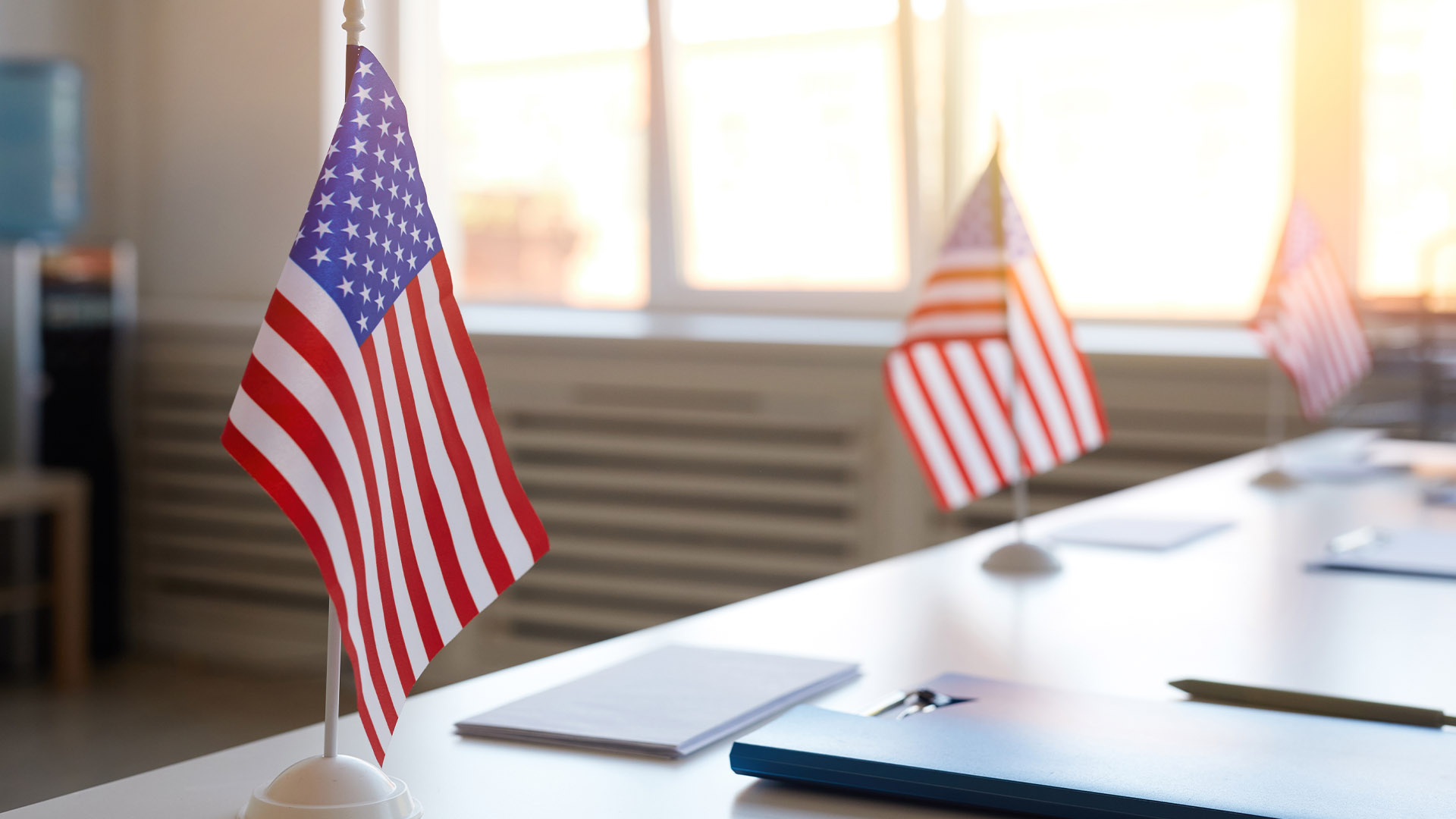There’s a Huge Divide Among Democrats Over How Hard to Campaign for Democracy
Democratic leaders and voters say they care about protecting democracy, but it’s not driving their behavior in the midterms.
August 21, 2022 | David Siders | POLITICO
Article describes how Democratic leaders and voters say they care about protecting democracy but that it is not driving their behavior during the midterms.
… Ever since the 2020 election, a hodgepodge of Democratic and nonpartisan groups has been focusing more intently on issues surrounding the health of our democracy. Major institutions like the American Civil Liberties Union and the NAACP have engaged in efforts to combat state-level voting restrictions. Former Pennsylvania Gov. Ed Rendell, a former chair of the Democratic National Committee, is chairing a super PAC opposing the 147 Republican members of Congress who went in with Trump and voted against certifying the 2020 election. Run for Something, a Democratic-candidate recruiting group, announced a long-term plan in April to find and support thousands of candidates for local offices overseeing elections. And in Michigan — a critical swing state and home to one of the GOP’s more overt efforts to overturn the last election — a leading democracy and voting rights group announced this month an independent expenditure effort that will run digital ads and focus volunteer efforts on defeating election deniers.
Jamie Lyons-Eddy, deputy director of the Michigan group Voters Not Politicians, said of the public’s recognition of threats to democracy: “I feel like this is moving really quickly, what’s happening in the country and people’s awareness of it.”
And there are high-level conversations going on. A group called “Keep Our Republic,” whose board includes Gephardt and Hart, has been holding briefings in Pennsylvania in recent months, including at Villanova University. The Safeguarding Democracy Project at the University of California, Los Angeles, is planning early next year to host a symposium: “Can American Democracy Survive the 2024 elections?” …


